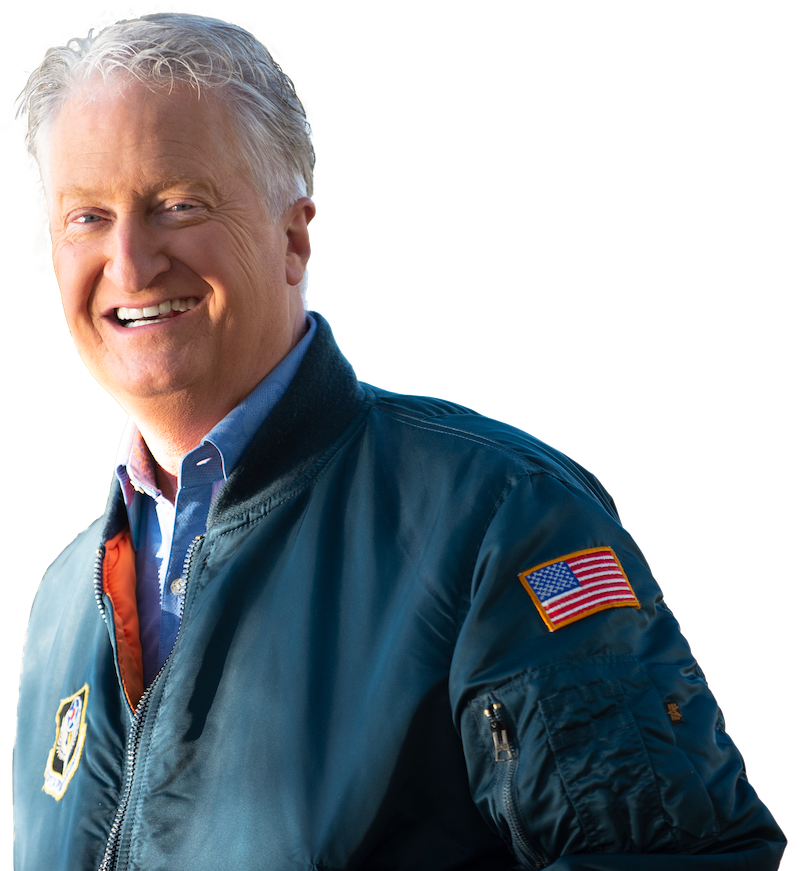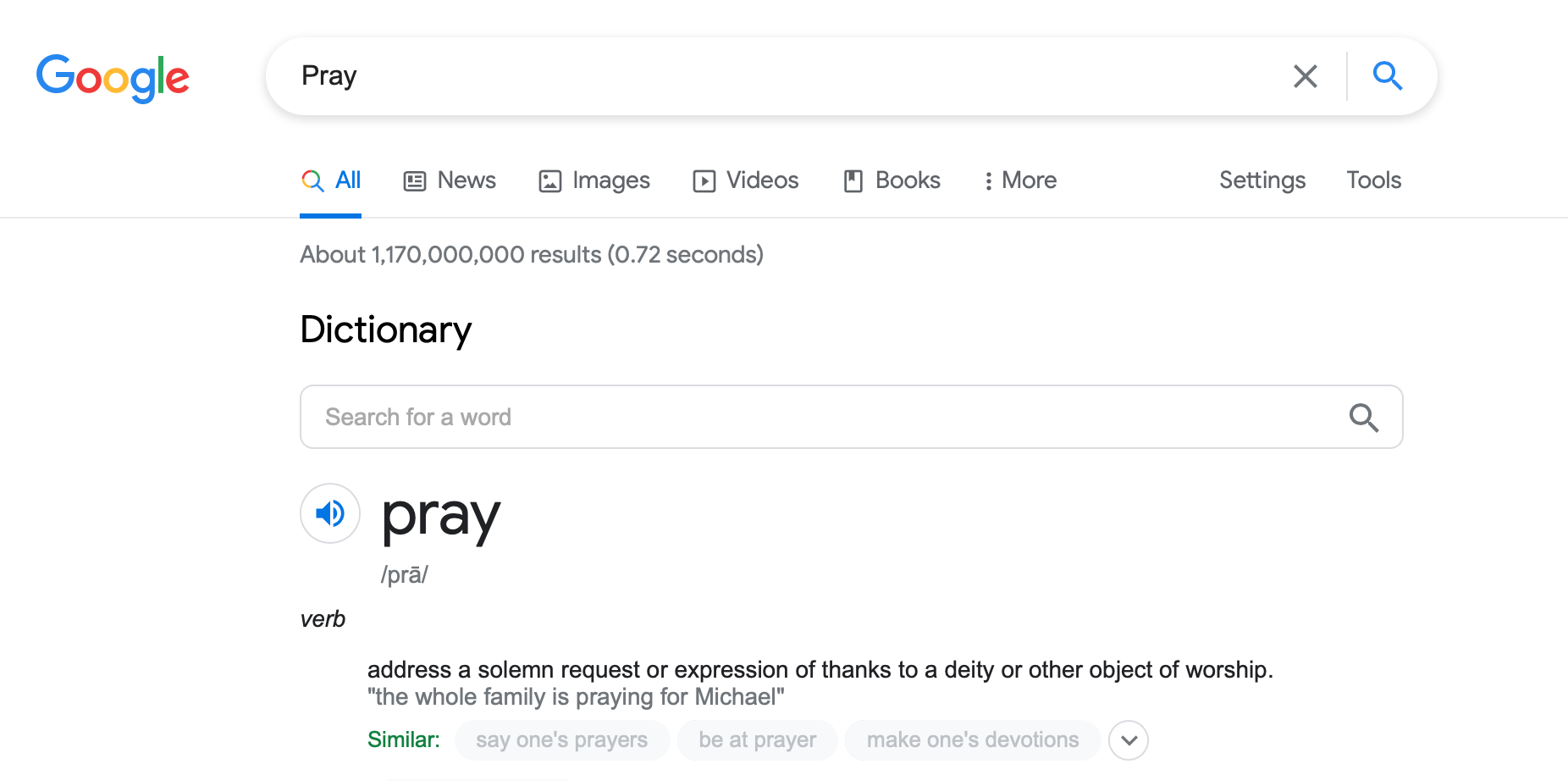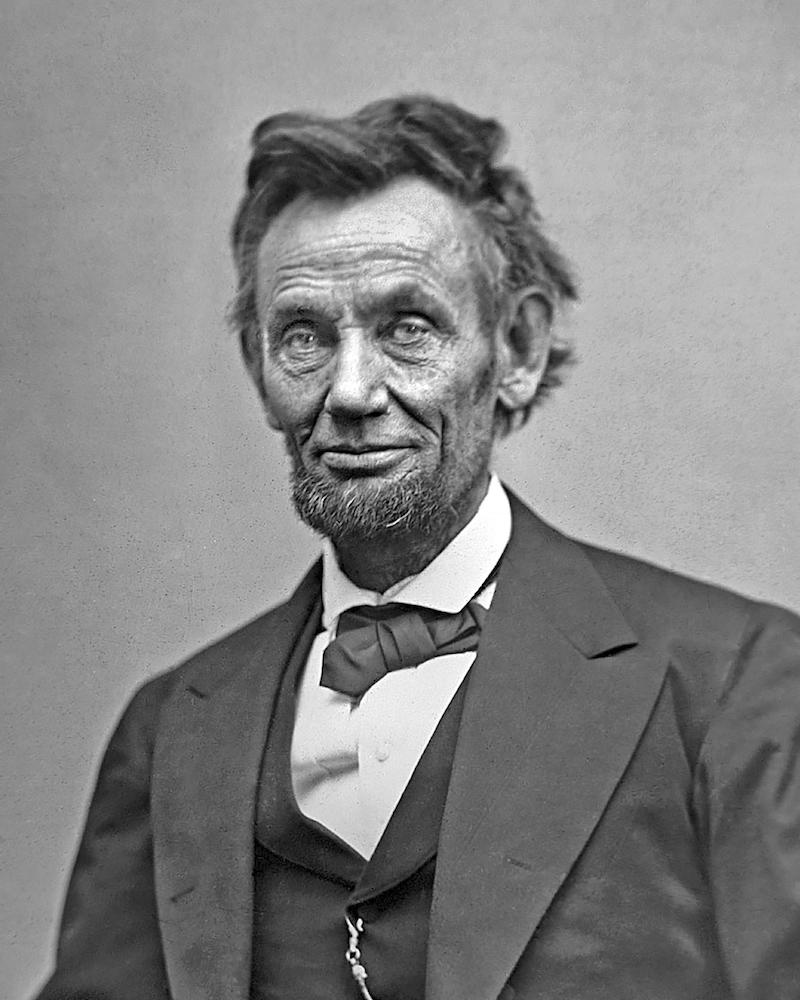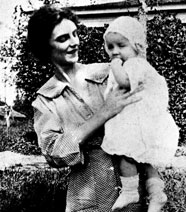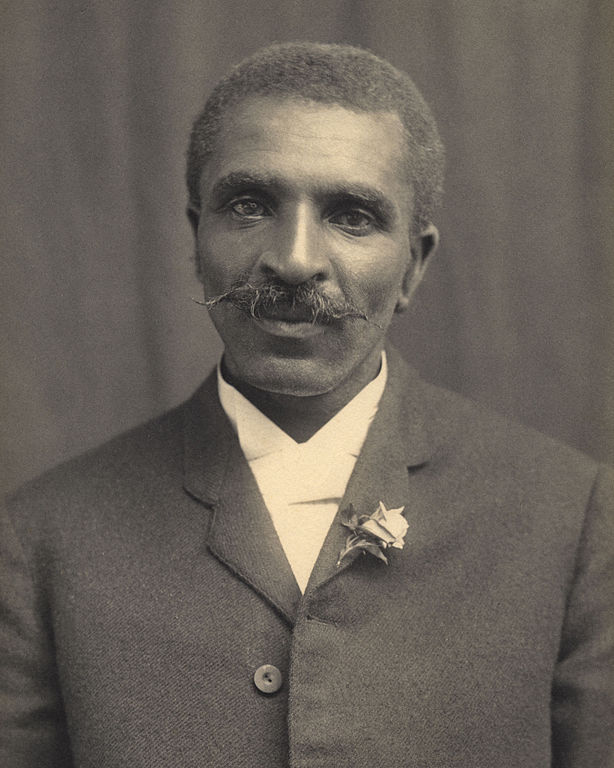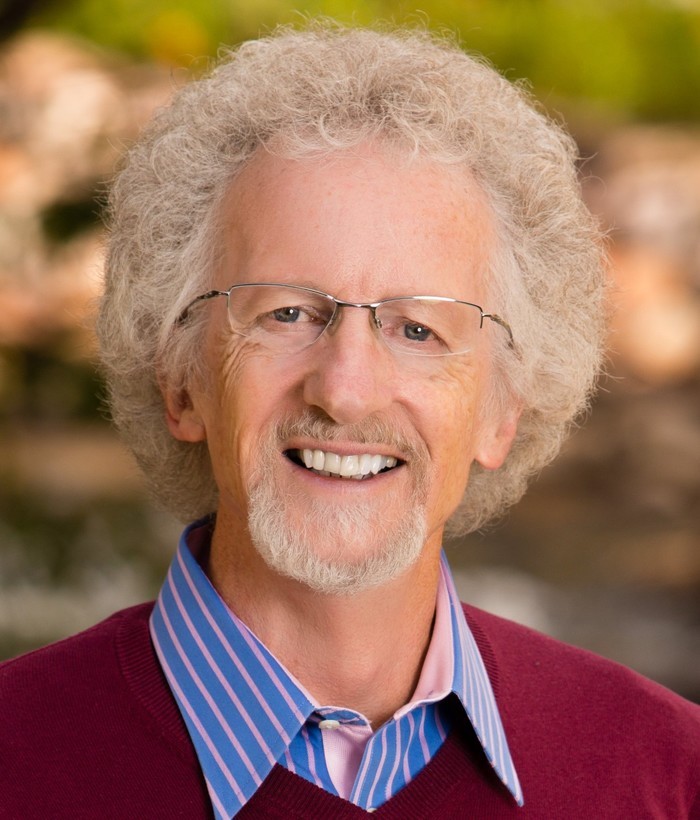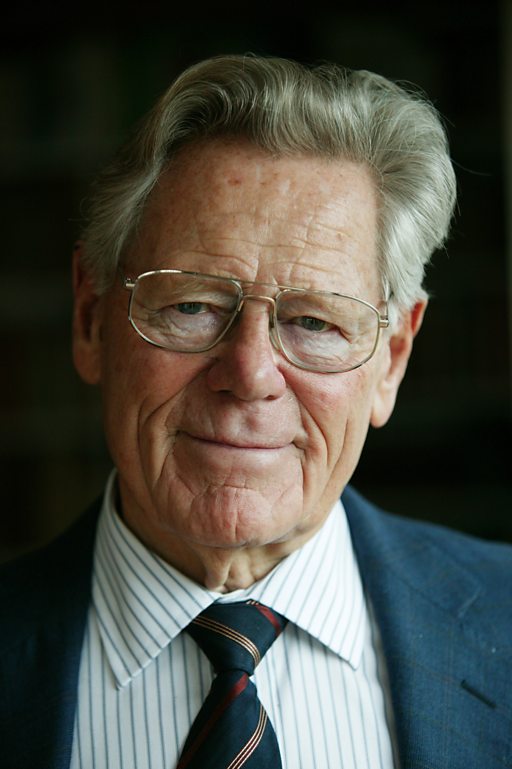The Forgotten Secret
Audiobook and eBook
By W.J. Dawson
Narrated by Andy Andrews
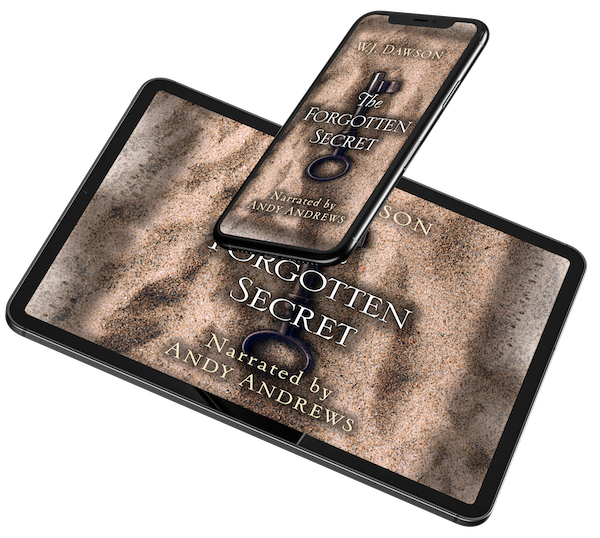
Gauging actual human interest in prayer is a simple process. A recent search of the word “pray” on Google reveals more than a billion links available. But are those impressive numbers misleading?
What place did prayer have in the lives of great men and women of the past? And what place does prayer hold in our lives today?
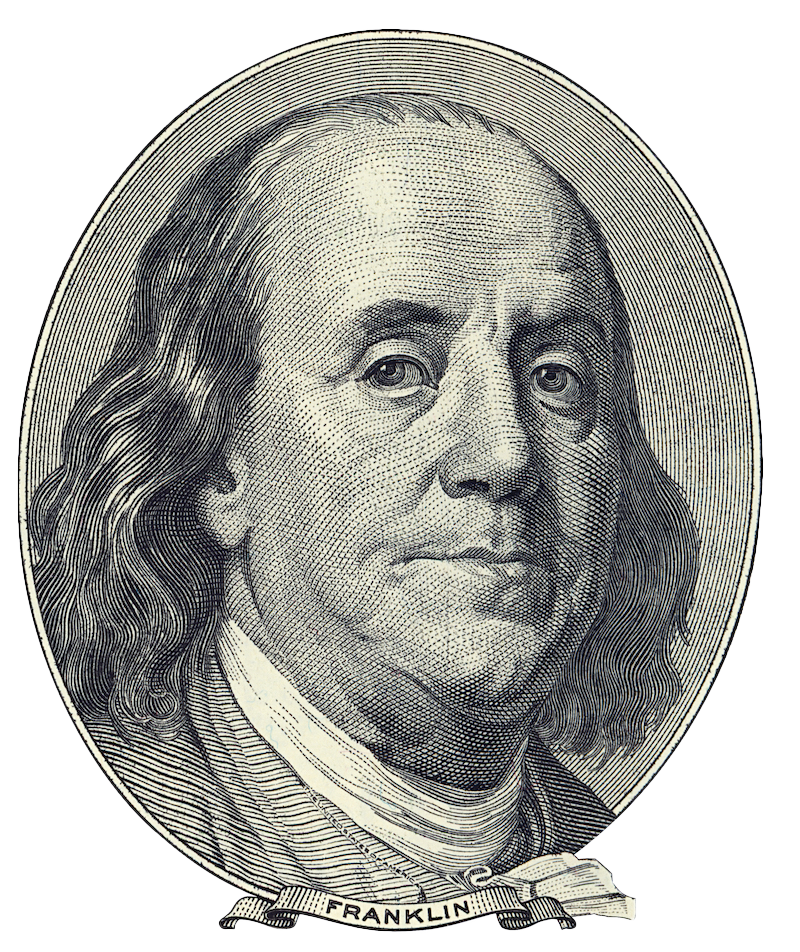
At the Constitutional Convention of 1787, during the course of bitter debate that threatened to derail the new nation at its beginning, Benjamin Franklin made an official motion to “introduce the business of each day by a prayer to the Creator of the universe, and the Governor of all nations, beseeching Him to preside in our council, enlighten our minds with a portion of heavenly wisdom, influence our hearts with a love of truth and justice, and crown our labors with complete and abundant success!”
During his presidency, Abraham Lincoln declared his reliance upon prayer by saying…
“I have been driven many times upon my knees by the overwhelming conviction that I had nowhere else to go. My own wisdom and that of all about me seemed insufficient for that day.”
Mrs. Morrow Graham stopped whatever she was doing at 10AM every morning to kneel beside her bed and pray for her son, Billy.
George Washington Carver, when asked in front of the United States House of Representatives how he had managed to invent 266 things from the peanut, 88 uses for the sweet potato, and the idea of the Victory Garden during World War II, answered simply. “I go outside every morning in the dark,” he explained, “before the birds even wake up. It is in that stillness that I ask the Holy Spirit for my marching orders for the day.”
In his book Prayer: Does It Make Any Difference, author Phillip Yancy reveals a disconnect between a person’s belief in the importance of prayer and their dissatisfaction with their own prayer life.
Swiss born Hans Küng was ordained a priest in 1954, joined the faculty of the University of Tubingen in 1960, and served as a theological adviser during the Second Vatican Council. In 1978, after he rejected the doctrine of papal infallibility, he was not allowed to continue teaching as a Catholic theologian, but he remained at Tübingen as a professor of ecumenical theology until he retired with the title professor emeritus in 1996.
In Küng’s most famous work, the 702 page book On Being A Christian, this well respected theologian did not include a chapter, a mention, or even an index entry on prayer. When he was later asked why, Küng expressed regret and explained that he was under such pressure by publisher’s deadlines and Vatican censors that he simply forgot about prayer.
This, of course, begs the question,
How often do we simply forget about prayer?
Is there really power in prayer? If so, why are we not diligent in harnessing that power. Is prayer the conduit for connecting with God? Will He answer our prayers? When? How?
Again, Phillip Yancy comments: “If prayer stands as the place where God and human beings meet, then I must learn about prayer. Most of my struggles in the Christian life circle around the same two themes: why God doesn’t act the way we want God to, and why I don’t act the way God wants me to. Prayer is the precise point where those themes converge.”
In The Forgotten Secret, W. J. Dawson presents timeless wisdom in an exploration of the unique relationship available with our Heavenly Father that is waiting to be claimed.
Gauging actual human interest in prayer is a simple process. A recent search of the word “pray” on Google reveals more than a billion links available. But are those impressive numbers misleading?
What place did prayer have in the lives of great men and women of the past? And what place does prayer hold in our lives today?

At the Constitutional Convention of 1787, during the course of bitter debate that threatened to derail the new nation at its beginning, Benjamin Franklin made an official motion to “introduce the business of each day by a prayer to the Creator of the universe, and the Governor of all nations, beseeching Him to preside in our council, enlighten our minds with a portion of heavenly wisdom, influence our hearts with a love of truth and justice, and crown our labors with complete and abundant success!”
During his presidency, Abraham Lincoln declared his reliance upon prayer by saying…
“I have been driven many times upon my knees by the overwhelming conviction that I had nowhere else to go. My own wisdom and that of all about me seemed insufficient for that day.”
Mrs. Morrow Graham stopped whatever she was doing at 10AM every morning to kneel beside her bed and pray for her son, Billy.
George Washington Carver, when asked in front of the United States House of Representatives how he had managed to invent 266 things from the peanut, 88 uses for the sweet potato, and the idea of the Victory Garden during World War II, answered simply. “I go outside every morning in the dark,” he explained, “before the birds even wake up. It is in that stillness that I ask the Holy Spirit for my marching orders for the day.”
In his book Prayer: Does It Make Any Difference, author Phillip Yancy reveals a disconnect between a person’s belief in the importance of prayer and their dissatisfaction with their own prayer life.
Swiss born Hans Küng was ordained a priest in 1954, joined the faculty of the University of Tubingen in 1960, and served as a theological adviser during the Second Vatican Council. In 1978, after he rejected the doctrine of papal infallibility, he was not allowed to continue teaching as a Catholic theologian, but he remained at Tübingen as a professor of ecumenical theology until he retired with the title professor emeritus in 1996.
In Küng’s most famous work, the 702 page book On Being A Christian, this well respected theologian did not include a chapter, a mention, or even an index entry on prayer. When he was later asked why, Küng expressed regret and explained that he was under such pressure by publisher’s deadlines and Vatican censors that he simply forgot about prayer.
This, of course, begs the question,
How often do we simply forget about prayer?
Is there really power in prayer? If so, why are we not diligent in harnessing that power. Is prayer the conduit for connecting with God? Will He answer our prayers? When? How?
Again, Phillip Yancy comments: “If prayer stands as the place where God and human beings meet, then I must learn about prayer. Most of my struggles in the Christian life circle around the same two themes: why God doesn’t act the way we want God to, and why I don’t act the way God wants me to. Prayer is the precise point where those themes converge.”
In The Forgotten Secret, W. J. Dawson presents timeless wisdom in an exploration of the unique relationship available with our Heavenly Father that is waiting to be claimed.
William James Dawson, born in 1854 was an English pastor, speaker, and author who entered the ministry in 1875. Four years later, he married Jane Powell and together, they had six children—three daughters and three sons. He moved to the church of John Wesley, City Road, London in 1887.
In 1888, he moved his family to Glasgow, Scotland where every Sunday morning and evening he spoke to a crowded St. John’s Chapel on Sauchihall Street. It was during this time that Glasgow University recognized him as an intellectual in him and made Dawson a regular lecturer at the University.
In 1892, Dawson began twelve years of service at the large Highbury Church in North London.
In May of 1906, the entire Dawson family—including several by then adult children and their families—moved to America. Settling in Taunton, Massachusetts, it was during this year The Forgotten Secret was published.
While much of the next five years was spent lecturing around America, in 1911 Dawson left Taunton to accept the pastorate of the Old First Presbyterian Church in Newark, New Jersey where he served until his retirement in 1924. The Old First Presbyterian Church still stands and was listed on the National Register of Historic Places in 1972.
J. Dawson died quietly at home in 1928 at the age of seventy-four.
William James Dawson, born in 1854 was an English pastor, speaker, and author who entered the ministry in 1875. Four years later, he married Jane Powell and together, they had six children—three daughters and three sons. He moved to the church of John Wesley, City Road, London in 1887.
In 1888, he moved his family to Glasgow, Scotland where every Sunday morning and evening he spoke to a crowded St. John’s Chapel on Sauchihall Street. It was during this time that Glasgow University recognized him as an intellectual in him and made Dawson a regular lecturer at the University.
In 1892, Dawson began twelve years of service at the large Highbury Church in North London.
In May of 1906, the entire Dawson family—including several by then adult children and their families—moved to America. Settling in Taunton, Massachusetts, it was during this year The Forgotten Secret was published.
While much of the next five years was spent lecturing around America, in 1911 Dawson left Taunton to accept the pastorate of the Old First Presbyterian Church in Newark, New Jersey where he served until his retirement in 1924. The Old First Presbyterian Church still stands and was listed on the National Register of Historic Places in 1972.
J. Dawson died quietly at home in 1928 at the age of seventy-four.
About the Narrator
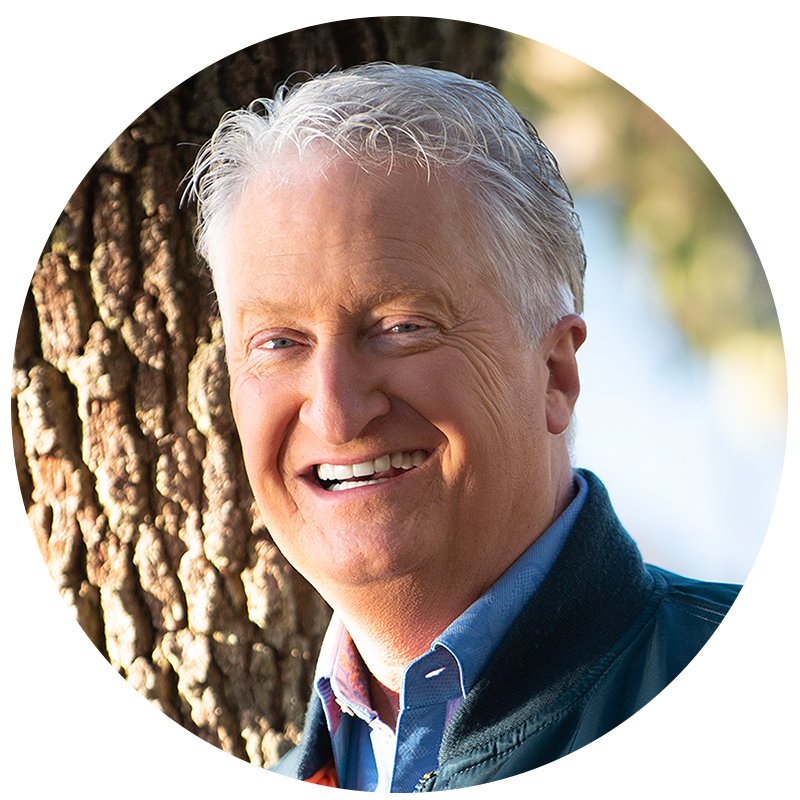
Hailed by a New York Times reporter as “someone who has quietly become one of the most influential people in America,” Andy Andrews is the author of multiple New York Times bestsellers including The Traveler’s Gift and The Noticer. He is also an in-demand speaker, coach, and consultant for the world’s largest organizations.
Zig Ziglar said, “Andy Andrews is the best speaker I have ever seen.”
Both The Noticer and The Traveler’s Gift were featured selections of ABC’s Good Morning America and continue to appear on bestseller lists around the world. His books have been translated into over 40 languages.
Andy has spoken at the request of four different United States presidents, worked extensively with the Department of Defense, and regularly addresses the world’s largest corporations. Arguably, there is no single person on the planet better at weaving subtle yet life-changing lessons into riveting tales of adventure and intrigue—both on paper and on stage.
